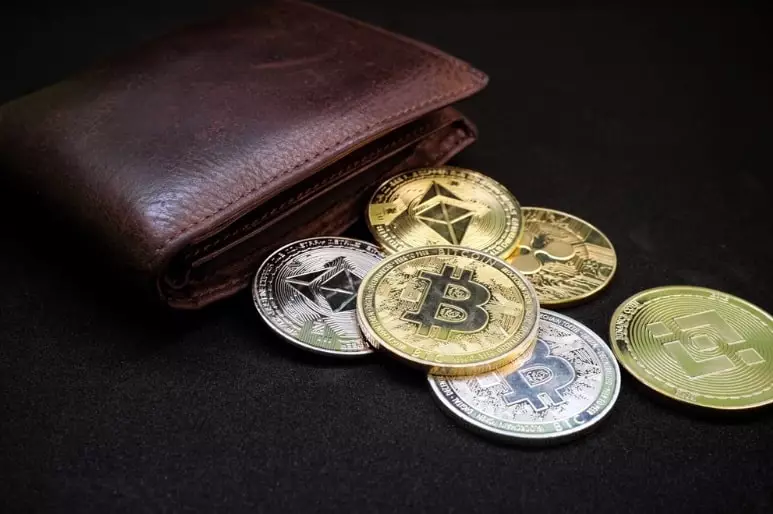Recently, an alleged vulnerability affecting the iOS version of Binance Trust Wallet made headlines when it was listed on the National Institute of Standards and Technology’s (NIST) vulnerability database. However, the CEO of Trust Wallet vehemently denied these allegations, assuring the security of Binance Trust Wallet users. In this article, we will delve deeper into the controversy surrounding this alleged vulnerability and separate fact from fiction.
The notice published on February 8th claims that an unauthorized party exploited the alleged vulnerability in July 2023, resulting in economic losses. It suggests that an attacker could generate mnemonics for each timestamp within a specific timeframe and link them to wallet addresses to steal funds. However, Trust Wallet quickly refuted these claims, stating that iOS app users have not been affected since July 2018. They have taken proactive measures to fix the code and inform all impacted users, ensuring their security and well-being.
Trust Wallet’s founder not only fixed the code but also personally informed all affected users back in 2018. At that time, Trust Wallet was still small enough to know each user individually, allowing them to provide a secure migration path and prevent any vulnerabilities. This prompt response demonstrates Trust Wallet’s commitment to its users’ security and highlights its proactive approach in addressing potential threats.
Trust Wallet’s official blog post clarifies that the vulnerable wallet addresses mentioned in the NIST notice no longer hold any balances. This information should provide peace of mind to Trust Wallet users, emphasizing that their assets are secure. Additionally, Trust Wallet categorically stated on social media that they are not under investigation by the US government, debunking any rumors that may have caused concern among users.
The media’s dissemination of the NIST notice may have caused unnecessary panic among Trust Wallet users. It is crucial to distinguish sensationalism from the facts to avoid spreading misinformation and creating unwarranted fear. Trust Wallet has already proven its dedication to security through regular audits and penetration testing by both internal and external teams.
Trust Wallet’s reputation took a hit in February 2023 when a user fell victim to a complex social engineering scheme that cost them $4 million. However, Trust Wallet promptly acknowledged the incident and revealed that it was orchestrated by an organized crime unit in Rome, Italy. They reassured users that their mobile apps and extensions were secure, having undergone thorough security audits and third-party testing. Trust Wallet’s transparency in addressing the situation demonstrates their commitment to maintaining user trust.
Binance’s Acquisition and the Future
Binance acquired Trust Wallet in July 2018, solidifying their commitment to self-custody wallets. Subsequently, Binance developed its own Web3 wallet in November 2023, which led to a decline in Trust Wallet’s native token, TWT. Despite this, Trust Wallet remains a trusted and secure storage solution for various cryptocurrencies.
The alleged vulnerability affecting the iOS version of Binance Trust Wallet has been thoroughly debunked by the Trust Wallet team. Their swift response, proactive measures, and commitment to user security make them a reliable choice for cryptocurrency storage. It is essential to rely on accurate information and trust reputable sources to make informed decisions regarding mobile wallets. Trust Wallet’s commitment to transparency and user safety will undoubtedly continue to strengthen its position as a leader in the cryptocurrency space.

